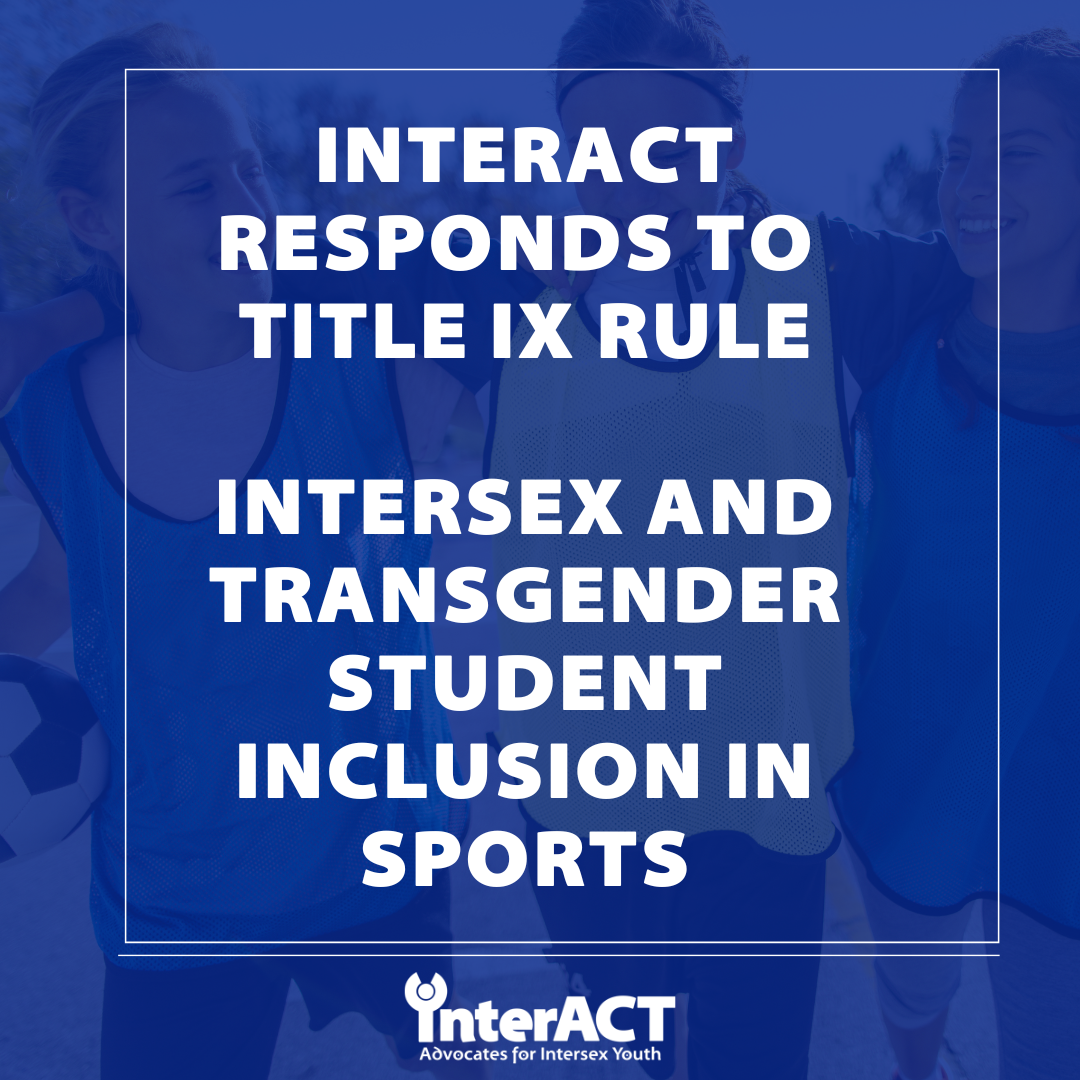Today, the Department of Education released its long-awaited proposed regulation on sex-based eligibility in school athletics, invalidating laws and policies that categorically deny students’ ability to participate in sports on teams or in athletic categories that best align with their gender identity. This proposed rule registers the Department’s emphatic disagreement with the wave of bills aiming to police sports participation using sex characteristics as a pretext to exclude transgender and many intersex students from opportunities to play on teams with their peers.
Under the proposed rule, policies that determine who can participate in “male” or “female” teams or events must be thoughtfully tailored to the age of student athletes and to the sport and level of competition in question. Any restrictions would need to be based on a legitimate educational objective, and the Department notes that “fairness” concerns would almost never be relevant in lower grade levels and outside of elite competition. Additionally, restrictions cannot be based solely on sex stereotypes or generalized assumptions about athletic ability, and adopting criteria based on particular sex characteristics would not be permissible if other, less harmful means were available to meet the same goal.

Importantly, the rule expressly limits the use of medical examinations, invasive “sex” testing, and compulsory treatments that would change a student’s bodily characteristics to meet sex-based eligibility criteria. These intrusions cruelly violate any student’s privacy, but have disproportionate significance for students with variations in their sex characteristics who are frequently targeted for invasive exams and unwanted interventions outside the athletic context as well.
“Title IX has always protected women and girls, and today the Department of Education made clear that trans and intersex women and girls are no exception,” said Erika Lorshbough, executive director of interACT: Advocates for Intersex Youth. “All young people deserve the freedom to live and play authentically as themselves, free from discrimination and intrusive inquiries about their bodies. No girl should be banned from the joy and empowerment of athletics because of a variation in her sex characteristics, and no student should be told that they must submit to unwanted hormonal or surgical interventions to participate in sports. We urge the Department to enforce these protections robustly, including at the high school and collegiate levels, so that participation in athletics is accessible for everyone.”





